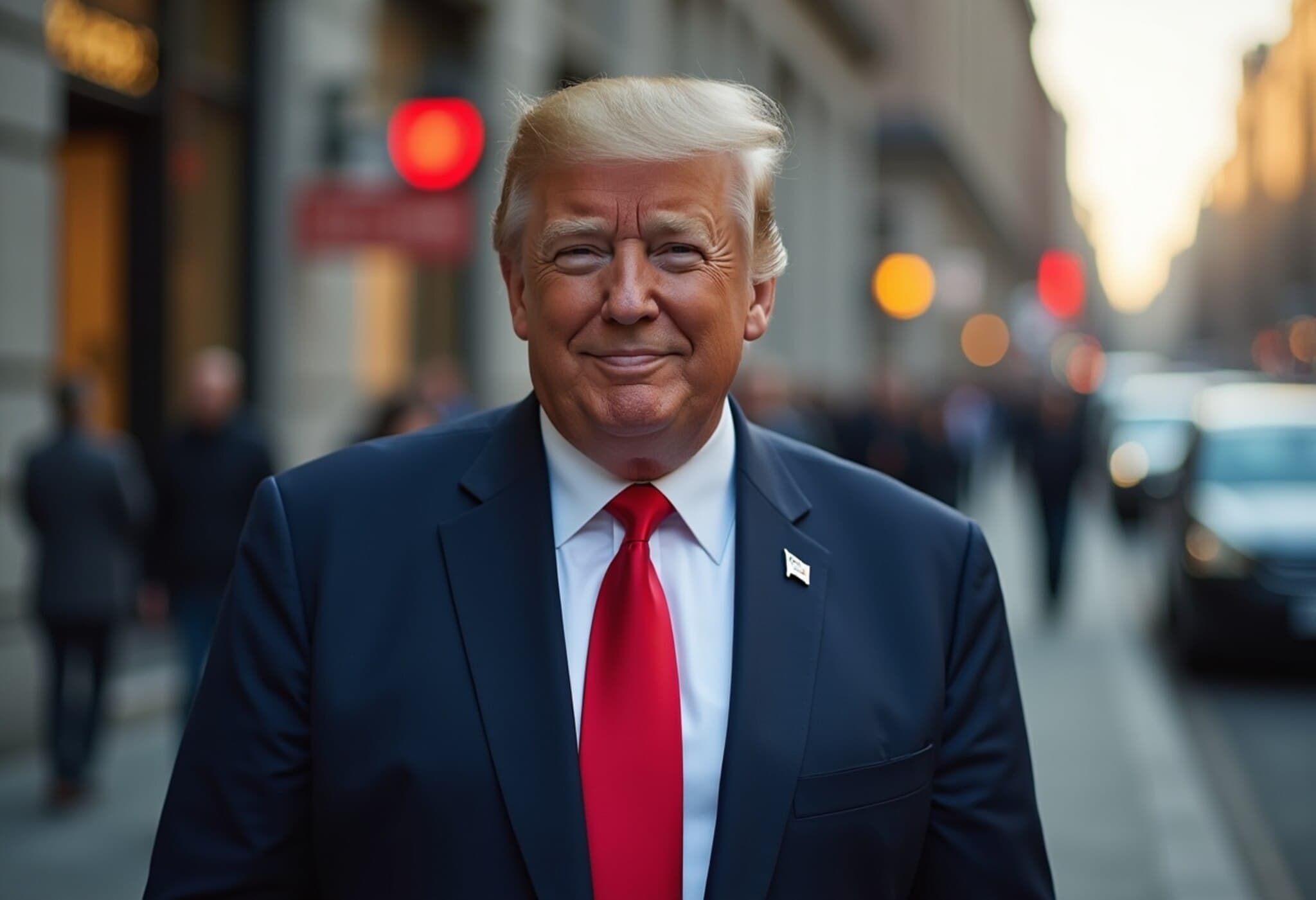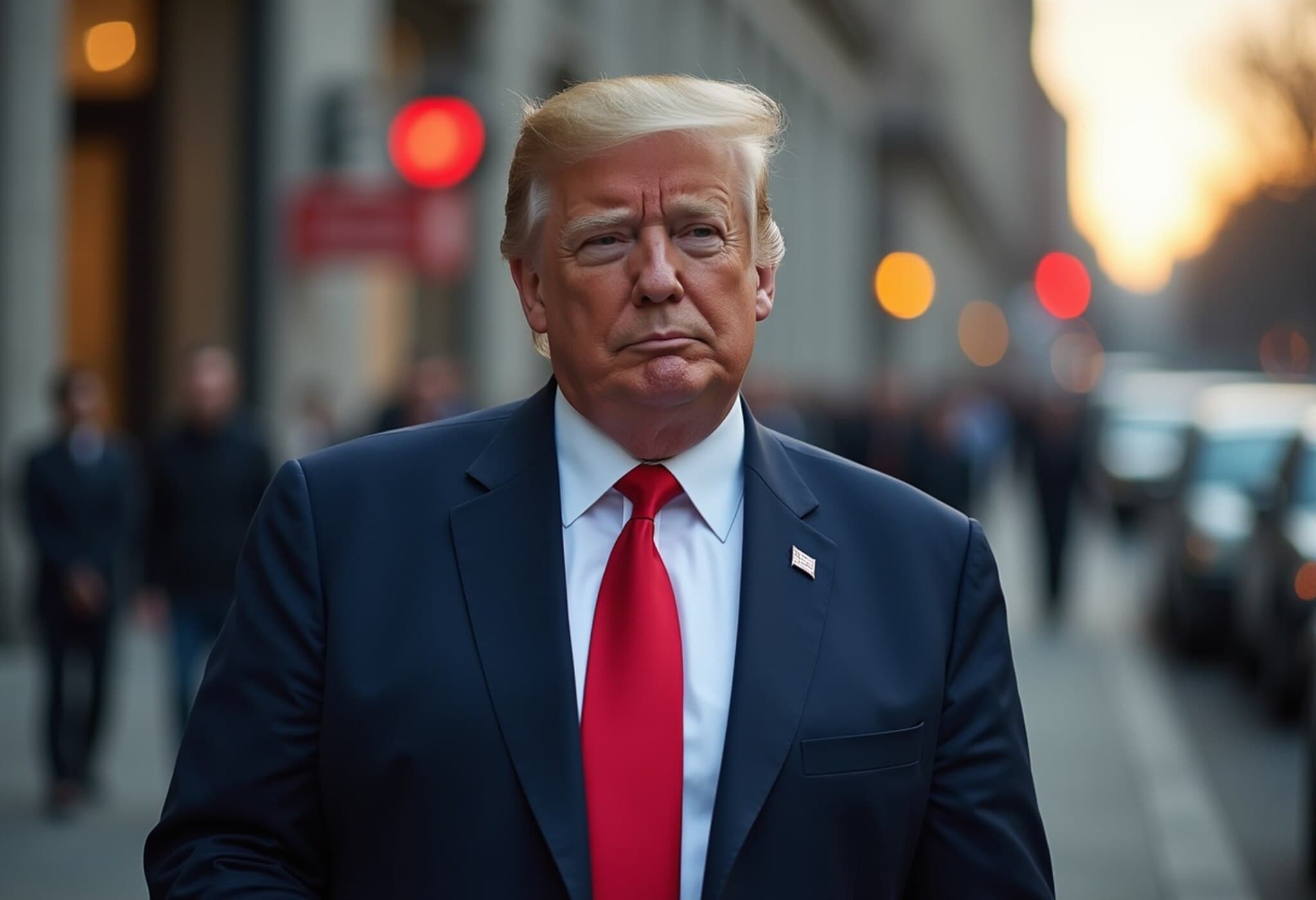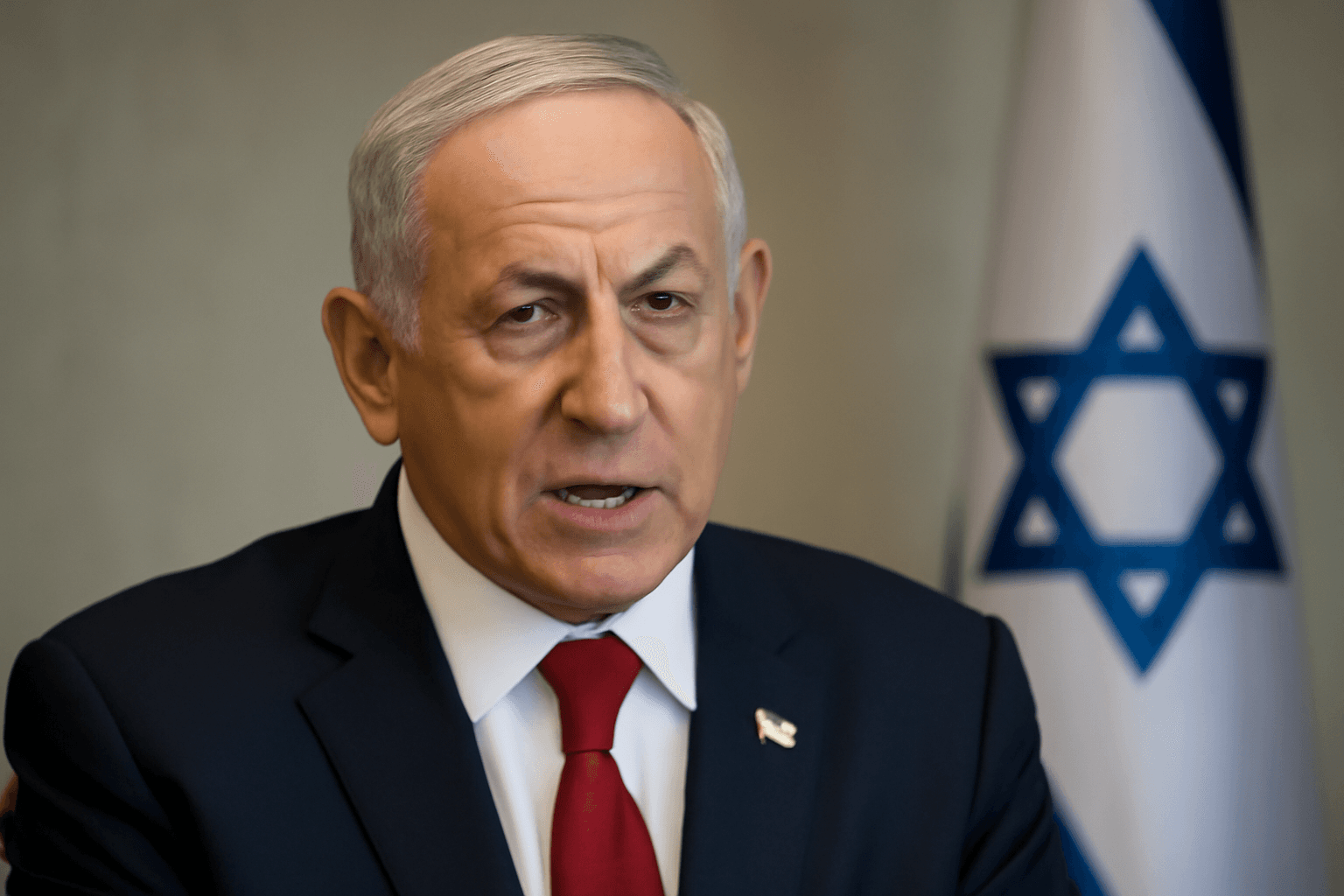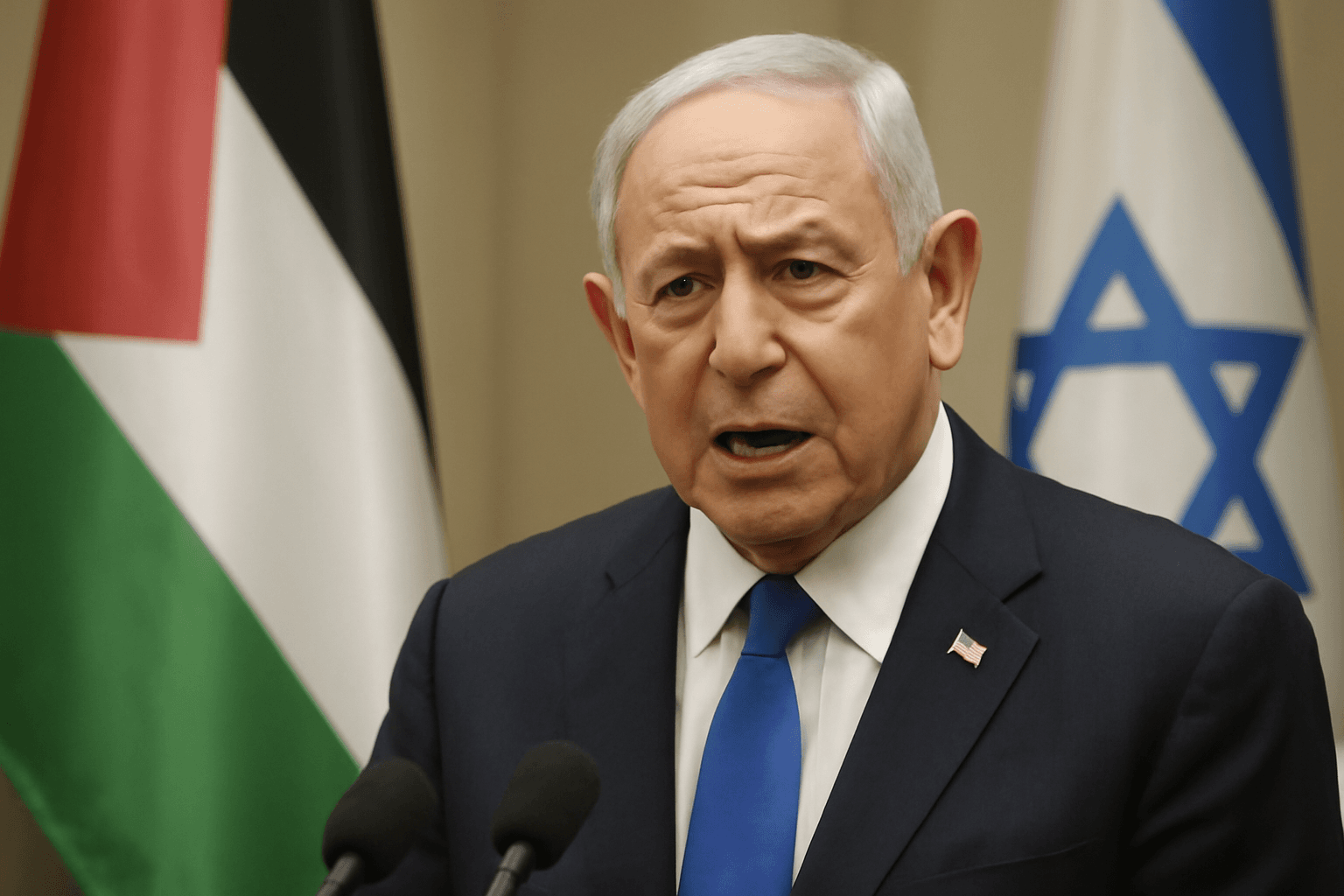Trump Pressures Pharma Giants to Curb Global Price Disparities
In a bold move that has reverberated through the global pharmaceutical and trade sectors, former U.S. President Donald Trump has sharply criticized “foreign freeloading nations” and issued a stern directive to America’s leading drug manufacturers. His demand: pharmaceutical companies must negotiate tougher pricing deals with foreign countries and staunchly protect U.S. drug prices, effectively limiting discounts offered overseas and potentially impacting programs like Australia’s Pharmaceutical Benefits Scheme (PBS).
A Direct Challenge to Global Drug Pricing Norms
On August 1, 2025, Trump sent official letters to the CEOs of 17 major pharmaceutical firms—including household names like Pfizer, Eli Lilly, AstraZeneca, and Johnson & Johnson. The letters called for the application of a “most favored nation” (MFN) pricing model within the U.S. Medicaid framework, meaning no other high-income country should receive cheaper drug prices than the U.S. This approach aims to end what Trump describes as the “free ride of American innovation” taken by Europe, Australia, and other developed nations.
His messaging was unequivocal: drugmakers must negotiate harder with foreign governments and repatriate the resulting revenue gains to help lower domestic drug prices, ultimately benefiting American patients and the U.S. taxpayer. Companies were given a firm deadline to commit to these demands by September 29.
Implications for Australia’s Pharmaceutical Benefits Scheme
While the letters stop short of naming Australia explicitly, the potential impact on programs like the PBS is unmistakable. The PBS allows Australians to purchase expensive, life-saving medications at heavily subsidized prices—as low as $31.60 per script—thanks to government negotiations that leverage bulk purchasing power.
Should U.S. drugmakers pull back on offering significant discounts abroad, Australia faces the risk of paying higher prices unless the government reevaluates its negotiation strategies or trade agreements. This tension emerges against the backdrop of the existing US-Australia Free Trade Agreement, which already addresses pharmaceutical treatment and pricing.
Pharma Industry Pushback and Trade Dynamics
American pharmaceutical companies have long criticized the PBS for limiting market access and undervaluing innovative drugs, concerns recently echoed by the Pharmaceutical Research and Manufacturers of America (PhRMA). The lobby group listed PBS among policies that threaten the competitiveness of the U.S. pharmaceutical market in a submission to the U.S. Trade Representative.
Compounding the complexity, Trump is preparing to sign executive orders that could raise baseline tariffs—presently at 10%—on key trading partners, including Australia. These measures reflect an escalating trade standoff fueled by a broader American push to counter what Trump perceives as unfair international trade practices.
White House Press Secretary Karoline Leavitt indicated ongoing negotiations could still alter the final tariff decisions before they take effect, but uncertainty looms. Meanwhile, legal challenges against Trump’s tariff policies, spearheaded by small U.S. businesses, have cast doubt on the administration’s ability to unilaterally impose such measures, highlighting constitutional and procedural conflicts.
Expert Insight: Navigating a Complex Global Pricing Landscape
From a policy analyst’s perspective, Trump’s aggressive stance underscores a growing global debate about pharmaceutical pricing fairness. While it is crucial to reward American innovation and investment in drug development, punitive measures that constrain international pricing flexibility risk unintended consequences. These may include strained diplomatic relations, disruption of established public health programs like the PBS, and potential increases in costs for patients worldwide.
Furthermore, the insistence on “repatriating” foreign revenues to lower American drug prices frames the issue through a protectionist lens, which could invite retaliatory trade actions, complicate supply chains, and impact global access to medicines.
What Lies Ahead?
- For U.S. patients: Will these policies effectively reduce drug prices domestically, or merely shift costs abroad?
- For Australia and similar nations: How will governments adapt their subsidy and negotiation policies to maintain affordable access?
- For pharmaceutical companies: Can they balance profit margins, innovation incentives, and fair pricing across diverse markets?
- For global trade relations: What precedent does this set for future negotiations on health-related goods and services?
Editor’s Note
This unfolding story lays bare the intricate intersection of healthcare, international trade policy, and global equity. As nations grapple with controlling healthcare costs while fostering pharmaceutical innovation, Trump’s latest directives raise important questions about fairness and sustainability in drug pricing.
Readers should watch closely how these policies evolve, not only for their impact on pocketbooks but also for the broader implications on international cooperation in healthcare—especially at a time when affordable access to life-saving medications remains a critical global challenge.



















